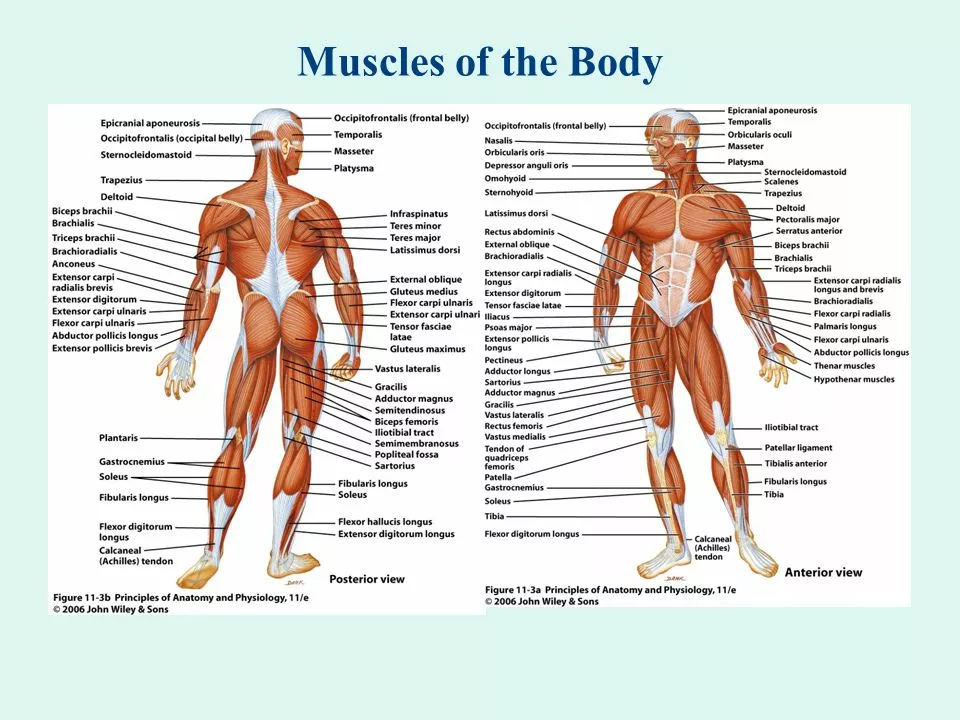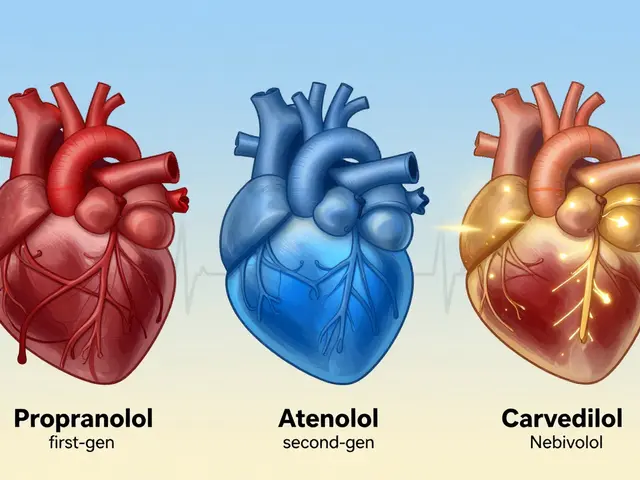Identifying the Different Types of Muscle Aches
Before diving into the causes of muscle aches, it's important to understand that there are different types of muscle aches. The most common types include muscle soreness, muscle cramps, muscle strains, and muscle spasms. Each of these types has different characteristics and can be caused by various factors. Knowing these differences can help us identify the root cause of our muscle pain and take the appropriate steps to address it.
For example, muscle soreness is a common type of muscle ache that is usually experienced after engaging in strenuous physical activities, such as exercising or lifting heavy objects. Muscle cramps, on the other hand, are involuntary contractions of a muscle or a group of muscles that can be quite painful. Muscle strains are injuries that occur when a muscle is overstretched, while muscle spasms are sudden, involuntary contractions of a muscle that can be quite painful and debilitating.
Overexertion and Muscle Aches
One of the most common causes of muscle aches is overexertion. When we engage in physical activities that our muscles are not accustomed to, we can experience muscle soreness, also known as delayed onset muscle soreness (DOMS). This is a normal response of the muscles as they adapt to the increased workload and strengthen themselves over time.
DOMS usually occurs within 24 to 72 hours after the physical activity and is characterized by a dull, aching pain in the affected muscles. It's important to remember that experiencing muscle soreness after a workout is normal, and it's a sign that our muscles are getting stronger. However, we should also listen to our body and not push ourselves too hard, as overexertion can lead to more severe muscle injuries, such as strains and tears.
Dehydration and Muscle Cramps
Dehydration is another common cause of muscle aches, particularly muscle cramps. When we're dehydrated, our body loses essential electrolytes like sodium, potassium, and magnesium. These electrolytes play a crucial role in muscle functioning, and their imbalance can lead to involuntary muscle contractions or cramps.
To prevent muscle cramps caused by dehydration, it's essential to drink plenty of water throughout the day, especially before, during, and after engaging in physical activities. Additionally, consuming electrolyte-rich foods or sports drinks can help replenish the lost electrolytes and prevent muscle cramps.
Injuries and Muscle Strains
Muscle strains are another common cause of muscle aches. These injuries occur when a muscle is overstretched or torn, usually as a result of excessive force or improper technique during physical activities. Muscle strains can range from mild to severe and typically cause pain, swelling, and a limited range of motion around the affected area.
To prevent muscle strains, it's crucial to practice proper form and technique when engaging in physical activities, as well as to warm up and stretch before exercising. Additionally, strengthening the muscles through regular exercise can help reduce the risk of muscle strains.
Chronic Conditions and Muscle Aches
Chronic conditions, such as fibromyalgia and myofascial pain syndrome, can also cause muscle aches. Fibromyalgia is a disorder characterized by widespread musculoskeletal pain, fatigue, and tenderness in localized areas. Myofascial pain syndrome is a chronic pain disorder that affects the connective tissue (fascia) surrounding the muscles. Both of these conditions can cause persistent muscle aches and stiffness, making it difficult for individuals to engage in everyday activities.
While the exact cause of these conditions is still unknown, factors such as genetics, infections, physical or emotional trauma, and stress may play a role in their development. Treatment for these chronic conditions often involves a combination of medication, physical therapy, and lifestyle changes to help manage pain and improve quality of life.
Stress and Muscle Tension
Finally, stress is another common cause of muscle aches. When we're stressed, our body releases stress hormones like cortisol and adrenaline, which can cause our muscles to tense up. Over time, this muscle tension can lead to aches and pains, particularly in the neck, shoulders, and back.
To combat stress-related muscle aches, it's essential to engage in stress-reducing activities, such as practicing relaxation techniques, exercising regularly, and getting enough sleep. Additionally, seeking professional help, such as therapy or counseling, can be beneficial in addressing the underlying causes of stress and learning effective coping strategies.







Pankaj Kumar
April 29, 2023 AT 06:28